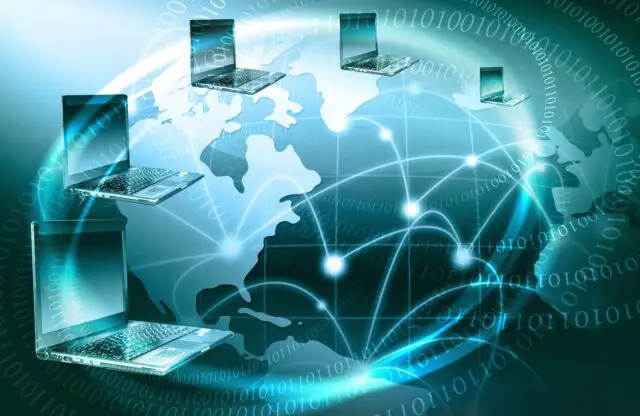
The influence that the Internet has had in our lives is really wide, it has managed to insert itself in every space where each person develops, from sharing a moment with a friend, with a partner, with the family, with the workgroup, sending photos via instant messaging to ordering a pizza or buying a phone. Until a few years ago, if we wanted to read a newspaper we had to buy a paper edition.
Nowadays with just one click, we cannot only read our local newspaper and that of any place in the world, with the permanent update of content.
The development of the internet has sparked a debate on how communication through the internet frees the individual from geographic restrictions and unites people around new communities of interest that are not tied to a specific place. We live in a networked and globalized society, united through new technologies. The Internet is our tool for relational interaction and poses new challenges for privacy and security.
Thus, information technologies have wrought fundamental changes throughout society, enabling the transition from the industrial age to the network age.
Influence of the internet in human relationships
The Internet has changed commerce, education, government, health, and even the way we relate effectively: it could be said that it is being one of the main instruments of social change today.
The internet has affected social communication. There is no doubt that new technologies continue to gain ground and transform our communication habits and possibilities, and they have done so especially among the young public.
Internet and its impact on education

The Internet has had a remarkable impact on all levels of education, providing learning without borders, without limits. The future of education is said to be networked.
Online, people can collaborate to create and share knowledge, and develop new ways of teaching and learning that capture the attention and stimulate the imagination of students anytime, anywhere, using any device. Also, by connecting and empowering students and educators, we can accelerate economic growth and improve social well-being around the world.
The Internet also allows students to work collaboratively and interactively with other students, eliminating time-space barriers and material impediments.
Among another of the advantages that the internet provides in the field of education is the possibility of using the internet as a source and archive of interchangeable knowledge, since we have access to libraries, encyclopedias, art galleries, newspaper libraries, and other databases from anywhere.
The internet is also a great tool to improve the knowledge and practice of other languages, an eternal pending task in many countries like ours, and that it is imperative to improve in a globalized world.
The Internet creates technological dependency
At the time of using the internet, the person begins to discover the hundreds of offers and activities that the internet allows them, such as the ease of communication (through e-mail, chat), commercial exchange (free market, eBay), a great source of information (google, wiki asked), personal blogs that allow you to “post” photos and find friends.
Due to this influence, the internet creates a technological dependency, especially in people who directly use these technologies, whenever we have access to the internet it is almost an obligation to check e-mail, connect to Messenger, and observe hi5 just to mention this. This dependence also creates new habits and customs in our daily performance, before it was very difficult to get to know our things
(photos, interests, ideas), but now we open our doors to everyone the option of getting to know each other better and above all talking and connecting our “intimacies” in a more spontaneous and freeway.
Internet and its influence on the family

In this case, the influence of new technologies at the family level (the main nucleus of society) does not seem to be very positive, in some cases, they destroy the inter-family relationship in different ways, the children prefer to spend time on the internet or messenger on the cell phone than to be with the parents sharing or helping at home.
It is estimated that between 60% and 70% of what we communicate we humans do by non-verbal means, which sometimes leads to misunderstandings or embarrassing situations, and many relationships have ended for this reason.
The presence of the internet today is necessary since technologies require adaptation and constant updating to the new times. The effectiveness and its good influence on each one of us and society depend on the correct use that we can give it.

